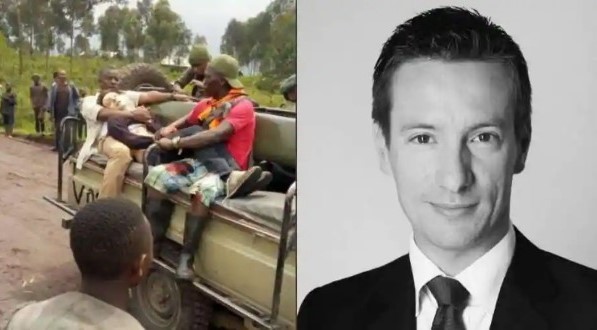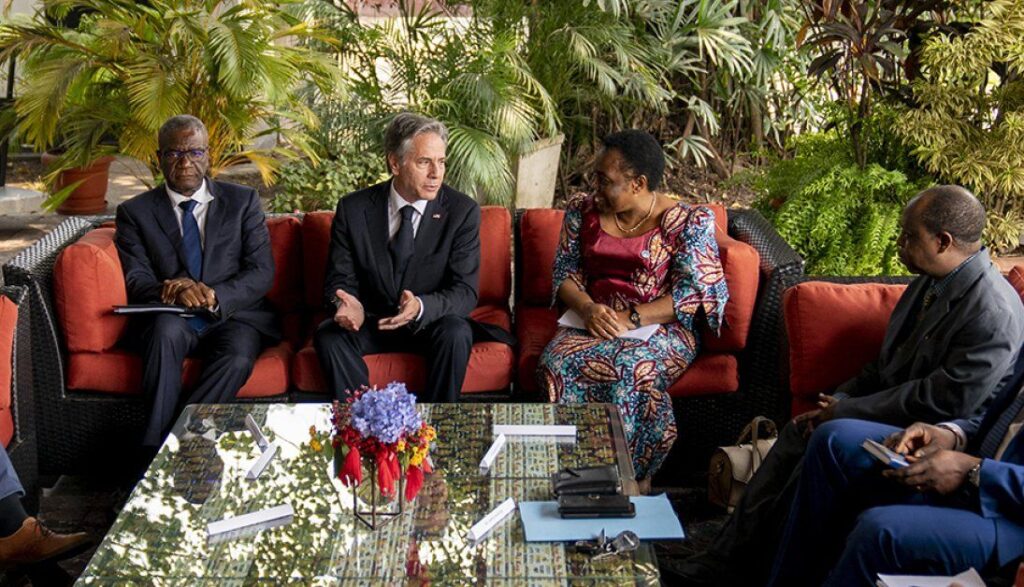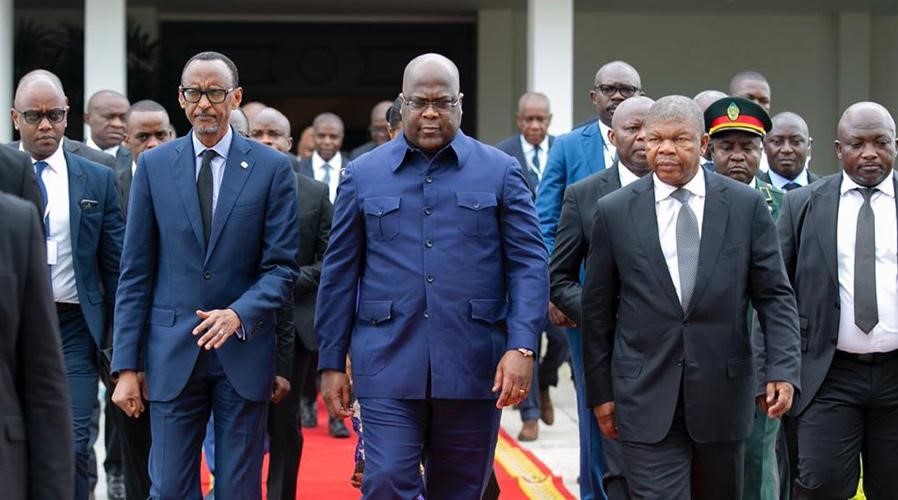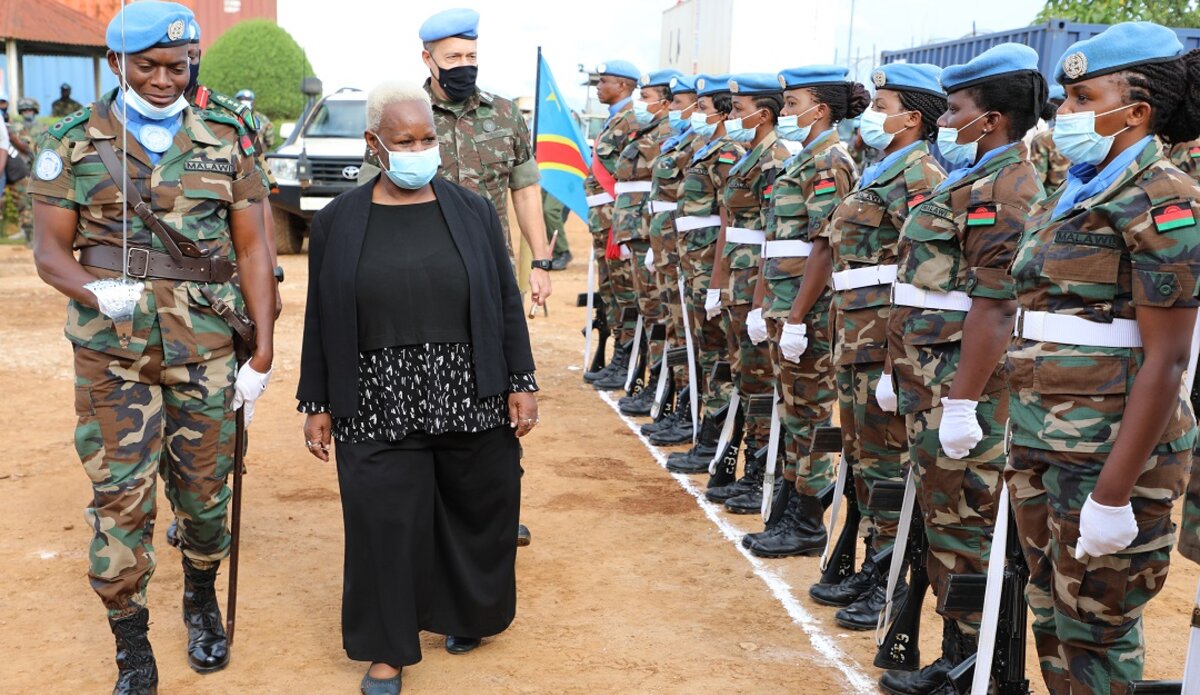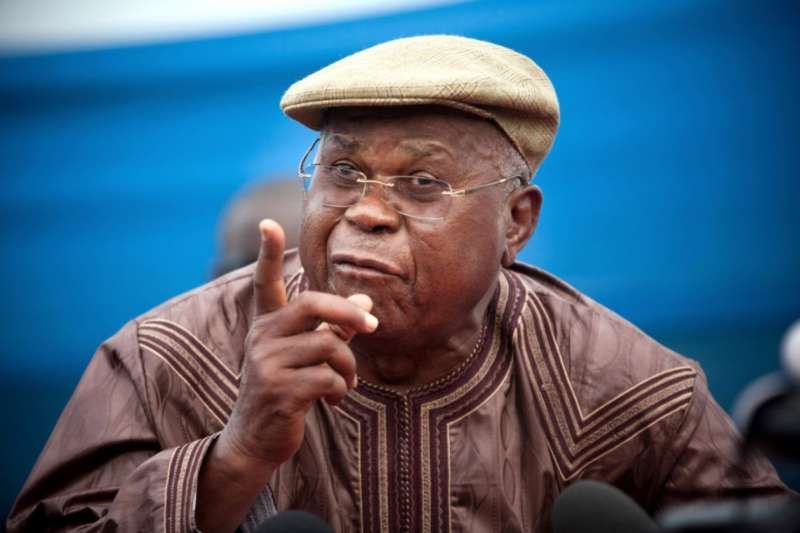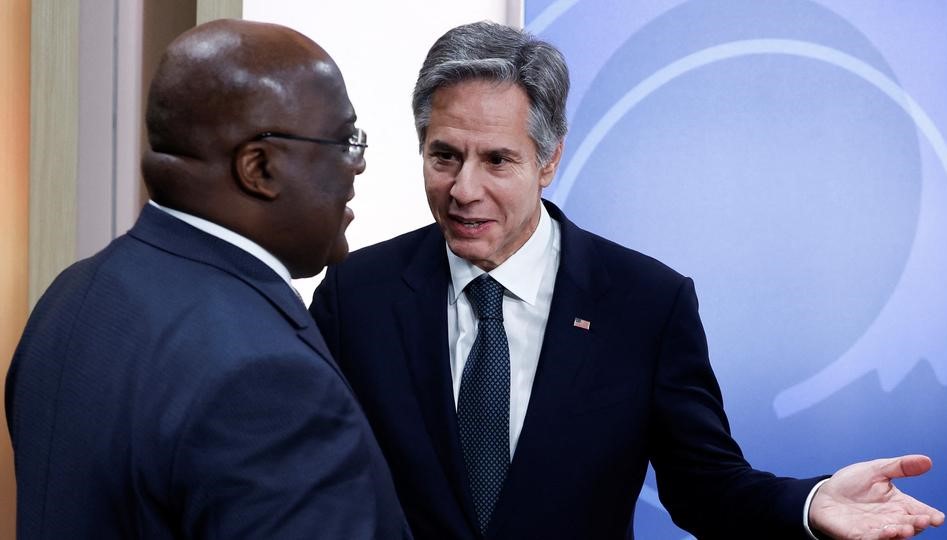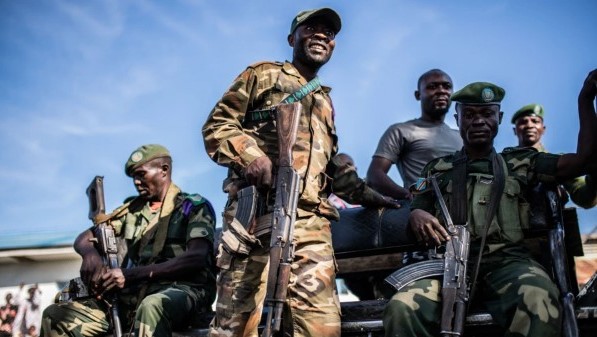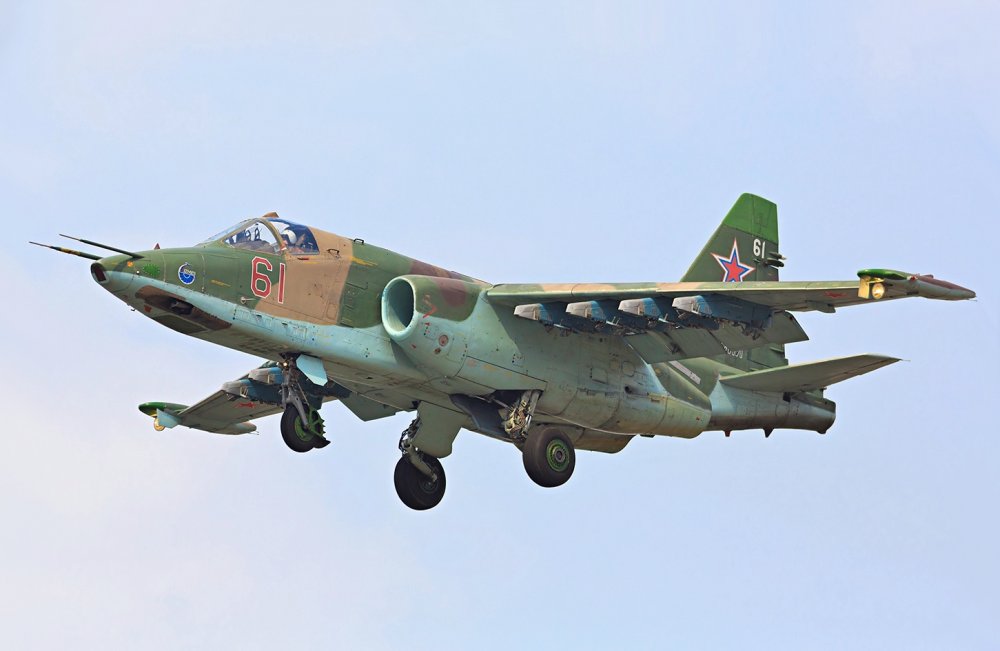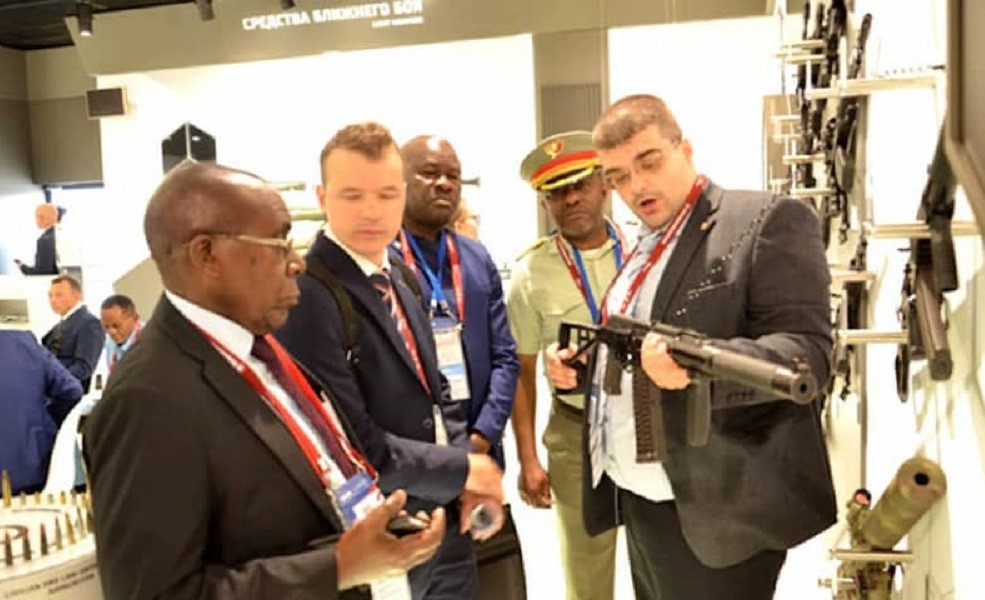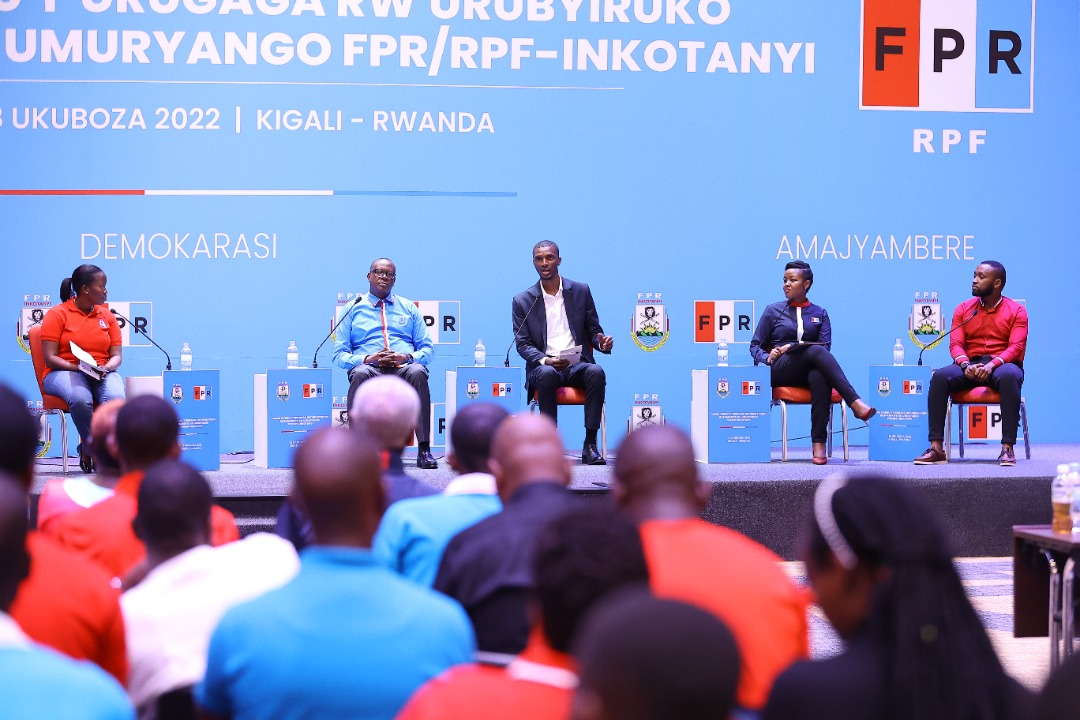Regional
It was a matter of time before the Congolese gluttons fall out
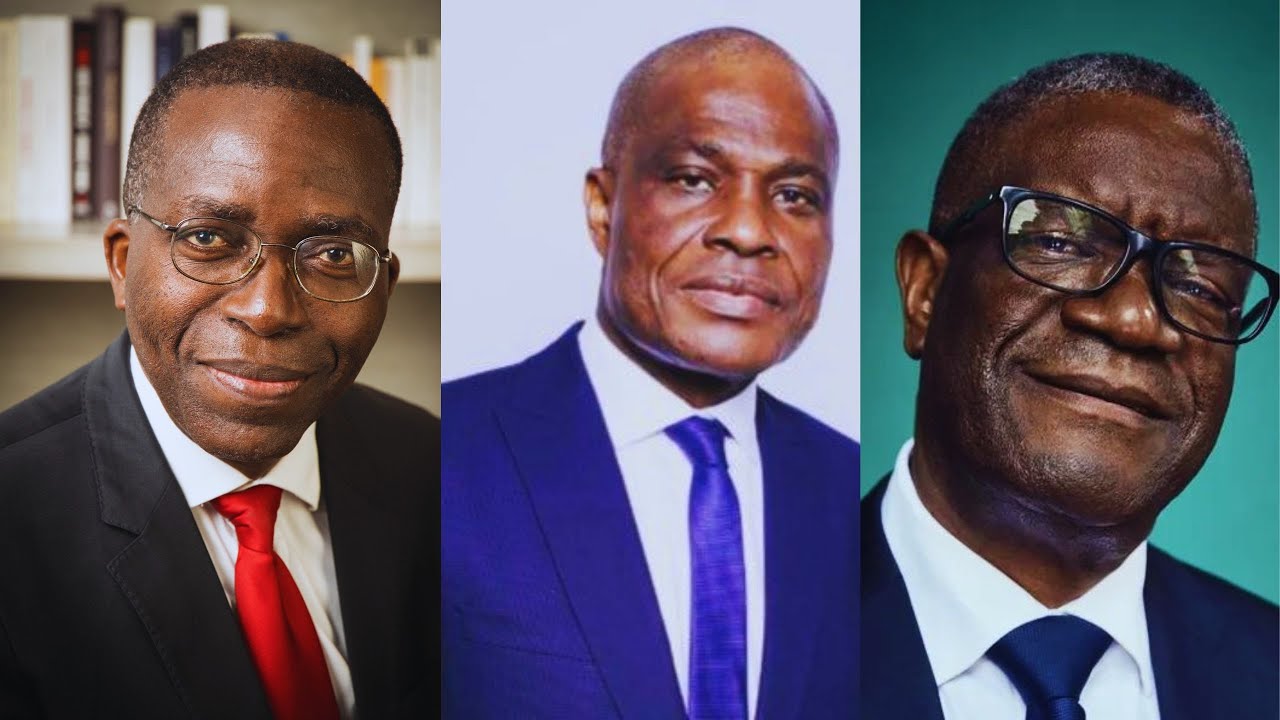
When
the M23 was capturing territory after territory, the President of the
Democratic Republic of Congo (DRC), Félix Tshisekedi, knew that it was a moment
that would expose his leadership weaknesses and failures.
His
only way out was to embark on political rallies that would eventually demonise DRC’s
neighbour, Rwanda. He actually thought he had planned it well because he got
his opponents on board.
Opposition
leader Martin Fayulu, former Prime Minister Matata Ponyo, and Dr Denis Mukwege
joined him. But these are the same men that want Tshisekedi’s office. So, how
long would this alliance last?
From
the beginning, they issued joint statements all claiming that Rwanda was the
aggressor. None of them provided any compelling evidence to back their claims.
They all alleged that Rwanda was supporting M23. But none denied the fact that
M23 is a Congolese group. Factually, it was all an artificial fight.
One
Congolese political opponent stood out, Moïse Katumbi, instead of joining the
coalition of the gluttons, he punched holes in the systems.
Katumbi
showed how the Congolese military is crippled and how all problems derive from
a weak military. They demonised him and classified him as a Rwandan ally. He is
not. Katumbi is a Congolese who simply wants to fix his country. He is not in
denial about the problems his country has to endure.
The
alliance of the gluttons was never going to last long. Eventually, Fayulu,
Ponyo, Mukwege and Tshisekedi were not going to play the same anti-Rwanda card
to win public sympathy.
Like
one Rwandan politician once said, blaming Rwanda for DRC failures was the
simplest way to attract public sympathy but the most unsustainable one as, it
was visibly clear that, it lacked substance.
Indeed,
it did not take long before the men that rallied behind Tshisekedi would
abandon him and eventually point out his real weaknesses which did not involve
Rwanda at all.
The
joint declaration of Fayulu, Ponyo and Mukwege, published on December 26,
denouncing dysfunctions in the electoral apparatus and the judicial system,
made headlines on Tuesday, December 27, in Kinshasa. La Prospérité, a Congolese
Daily, carried the headline: “Elections 2023: Fayulu, Matata and Mukwege set
the scene for the protest!”
La Prosperité reported that Fayulu and Matata,
two opposition politicians as well as Mukwege, issued a joint statement on the
security, political situation in DRC and on the upcoming elections.
The
three "who, visibly, are now getting married", castigated the current
regime in Kinshasa, accusing it of planning fraud during the upcoming elections
scheduled for the end of December 2023.
They
also complained of the shrinking of democratic space which is characterized in
particular, by "the attack on the freedom of the press, the systematic
violations of the freedoms of opinion, expression, assembly and demonstration,
however, guaranteed by the Constitution, the muzzling of civil society, and
attempts to exclude the leaders of the opposition and the resistance from the
race for the top of the State.”
The
same freedom that the M23 has been fighting for has since turned out to be the
reason for the Congolese political gluttons’ fallout with the same system that
they once supported.
The
bloc submits several demands in order to obtain peaceful and transparent
elections in the DRC. The demands include the lifting of the state of siege in
the provinces of North Kivu and Ituri; securing elections, particularly in
South Kivu, North Kivu, Ituri, Mai-Ndombe and Kwilu; the immediate
recomposition of the parliament; the urgent recomposition of the Constitutional
Court; consensus around electoral law, voter registration centers and the
electoral calendar; stopping the instrumentalization of justice and tax
services against declared candidates or potential candidates for President of
the Republic; respect for the Constitution on freedom of expression, opinion,
assembly and public demonstrations; and the cessation of legal proceedings against
Ponyo.
The
overwhelming demands are a clear indication that the issues of DRC are not in
any way caused by the M23 rebel group or have anything to do with Rwanda. These demands are a clear indication that the
country’s problems – including the M23 rebellion – are internal and that the
rot is coming from within top DRC leadership.
Like
Rwandan President Paul Kagame said, in his end-of-year 2022 address, Rwanda should
not be blamed for systems failure in the DRC.


.jpeg-20221214055432000000.jpeg)
